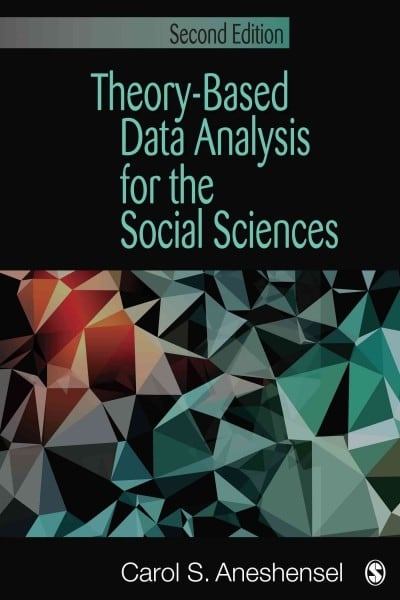Question
ABA TREATMENT PLAN FOR ASD: PART 1Instructions For this assignment, complete Parts 1through 6. of the treatment plan, which include the following: Patient Information. Reason
ABA TREATMENT PLAN FOR ASD: PART 1Instructions
For this assignment, complete Parts 1through 6. of the treatment plan, which include the following:
- Patient Information.
- Reason for Referral.
- Brief Background Information.
- Clinical Interview.
- Review of Recent Assessments/Reports (File Review).
- Assessment Procedures and Results.
Remember that your information here will likely be hypothetical, though you can use elements of a real-life case as long as all identifying information is removed (this is extremely important and must not be forgotten; no exceptions).See the CASP document for more information on what to include in these sections.
While the template is in an outline form, make sure you are writing complete sentences and paragraphs to address each section. Lists, incomplete sentences, and partial paragraphs are not sufficient for this assignment.
Alignment of Assessment and Behaviors: Remember that for purposes of this course and this assignment, you will be aligning your background and assessment information with the operationally defined behaviors from your DSM-5 PotentialIntervention Matrix assignment in Week 5. The behaviors you included there will be the basis for the treatment plan and will be expanded on and discussed in the background and assessment portions, as appropriate. In a real-life situation, you would conduct assessments and then align the plan to this information. Because we have to target hypothetical behaviors specifically related to ASD, we will target those behaviors and then make sure everything (including the assessment) is aligned from there.
Additional Supports for ASD: As you prepare your assessment results, remember to consider what interviews, observations, or other assessments might reveal for a child with autism, based on what you know about ASD. For example, research and/or review some of the common additional supports that may be helpful for individuals with ASD (keeping in mind that though common, supports should still be highly individualized, as they would in any ABA program or intervention). Examples include visual supports, structured teaching environment, clear boundaries, items or areas to increase or decrease sensory input (including the ability to appropriately engage in self-stimulatory behavior), highly motivating items/activities, adaptations to assist with communication and social interactions, and adaptations to reduce anxiety (choices, priming, breaks, et cetera).
Step by Step Solution
There are 3 Steps involved in it
Step: 1

Get Instant Access to Expert-Tailored Solutions
See step-by-step solutions with expert insights and AI powered tools for academic success
Step: 2

Step: 3

Ace Your Homework with AI
Get the answers you need in no time with our AI-driven, step-by-step assistance
Get Started


